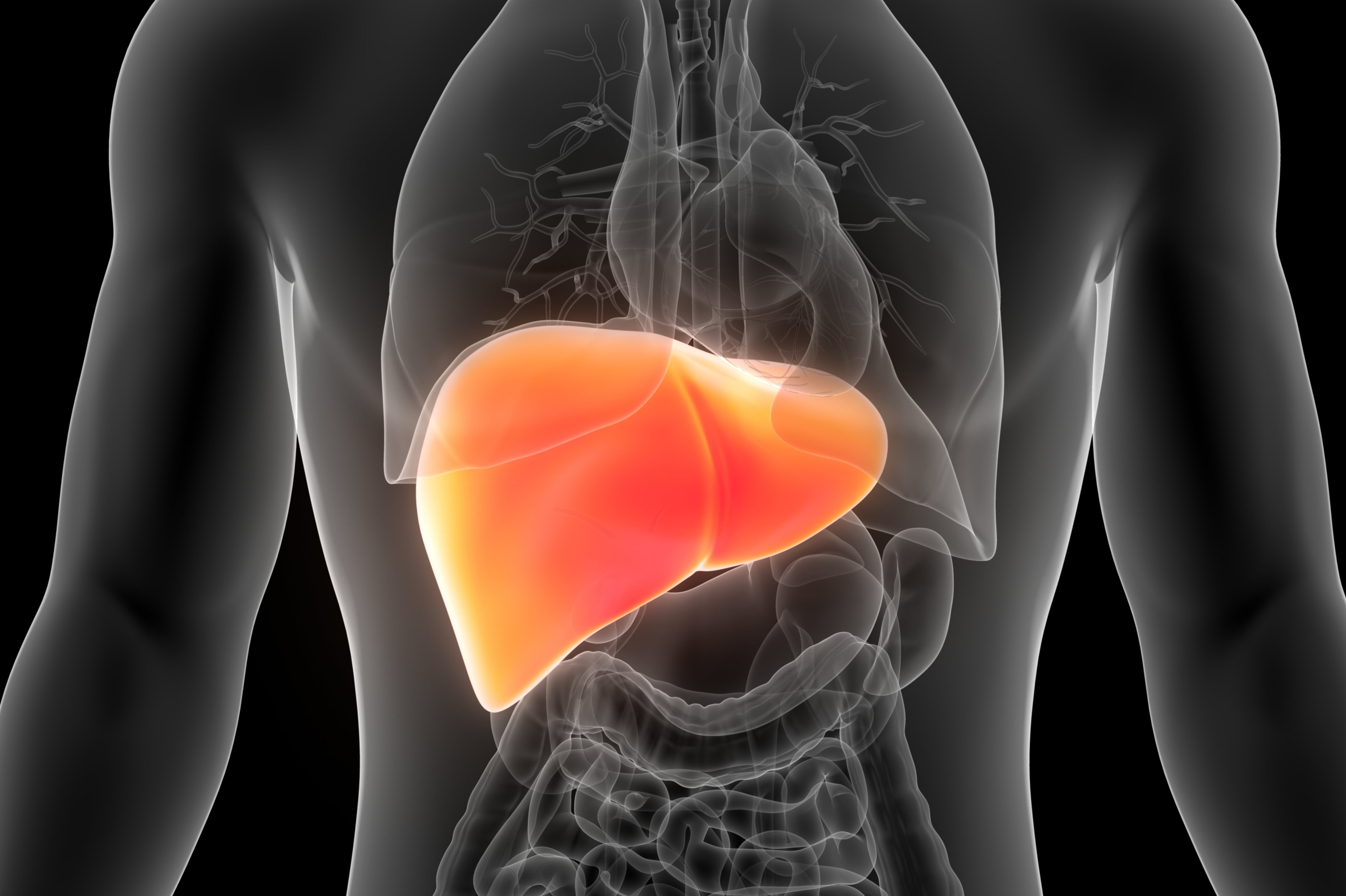
(Vienna, 15 June 2022) Patients with chronic liver disease may suffer hepatic complications as a result of severe Covid-19. A study conducted by a research team led by Lukas Hartl, Thomas Reiberger and Michael Trauner from the Division of Gastroenterology and Hepatology of MedUni Vienna and University Hospital Vienna found that a rise in cholestasis parameters and subsequent damage to the bile ducts, so-called secondary sclerosing cholangitis (SSC), develops with striking frequency in patients with pre-existing liver disease. SSC occurs significantly more frequently after Covid-19 than after other serious illnesses. The study was published in the prestigious journal "Hepatology".
Within the context of a cross-sectional study, a research team led by Lukas Hartl, Thomas Reiberger and Michael Trauner from the Division of Gastroenterology and Hepatology within the Department of Medicine III of MedUni Vienna and University Hospital Vienna analysed the liver chemistries of 496 hospitalised patients with Covid-19. 65 of these patients had pre-existing liver disease, such as fatty liver disease, cirrhosis or hepatocellular carcinoma. The focus of the study was to accurately describe the trajectory of liver chemistires in these patients following infection.
It was found that an increase in transaminases at the start of Covid-19 was frequent. These enzymes, AST (aspartate aminotransferase) and ALT (alanine aminotransferase), are considered to be markers of liver cell damage. Later on, these values normalised: a phenomenon that has already been described in previous studies. In contrast, the parameters for biliary congestion (cholestasis), alkaline phosphatase (AP) and GGT (gamma glutamyl transferase) rose progressively in many patients during the course of the infection without subsequent regression. 23.1% of these patients even suffered cholestatic liver failure, i.e. liver failure associated with biliary stasis.
The researchers used imaging (MRCP) and endoscopic (ERCP) techniques to show that irreversible alterations had also occurred in the patients’ the bile ducts, so-called secondary sclerosing cholangitis (SSC). This disease also occurs after other states of critical illness, such as oxygen deprivation or severe infection. The course tends to be progressive and may lead to liver transplantation and even death. 15% of chronic liver disease patients with severe Covid-19 developed SSC. Many of these patients had pre-existing conditions such as fatty liver disease, diabetes, obesity or hypertension, and in some cases required months of intensive care due to Covid-19.
In summary, the study found that Covid-19 often leads to a progressive increase in cholestasis parameters, cholestatic liver failure, and even SSC in 15% of patients. Lukas Hartl explained: "Using data from our comparison group of ICU patients who did not have Covid-19, we were able to show that SSC was significantly more prevalent in Covid-19 patients. The non-Covid patients were also seriously ill in ICU and were often intubated for long periods of time. Despite this, few of those not affected by Covid-19 went on to develop SSC."
The causes are not yet clear, but there is evidence that SARS-CoV-2 itself may damage the liver and bile ducts. Thomas Reiberger said: "It is useful, in any case, to closely monitor liver function values in ICU patients during or following Covid-19. Therapeutically, endoscopy (ERCP) of the bile ducts can be used to dilate constrictions and remove other obstructions to drainage, if necessary. Prompt administration of appropriate drugs and preventing oxygen deprivation as part of intensive care play a critical role." Currently, there is no effective drug treatment for sclerosing cholangitis, but according to Michael Trauner, the Division is focused on developing new therapeutic approaches.
Lukas Hartl said that further studies were planned to look at the long-term course of cholestasis parameters in long-covid patients and the liver-related late sequelae of Covid-19 in patients without pre-existing liver disease. This is because there is already evidence that Covid-19 is associated with elevated liver enzymes in this group of patients as well.
Published in: Hepatology
Progressive cholestasis and associated sclerosing cholangitis are frequent complications of COVID-19 in chronic liver disease patients.
Lukas Hartl, Katharina Haslinger, Martin Angerer, Georg Semmler, Mathias Schneeweiss-Gleixner, Mathias Jachs, Benedikt Simbrunner, David Josef Maria Bauer, Ernst Eigenbauer, Robert Strassl, Monika Breuer, Oliver Kimberger, Daniel Laxar, Katharina Lampichler, Emina Halilbasic, Albert Friedrich Stättermayer, Ahmed Ba-Ssalamah, Mattias Mandorfer, Bernhard Scheiner, Thomas Reiberger, Michael Trauner
doi: 10.1002/hep.32582